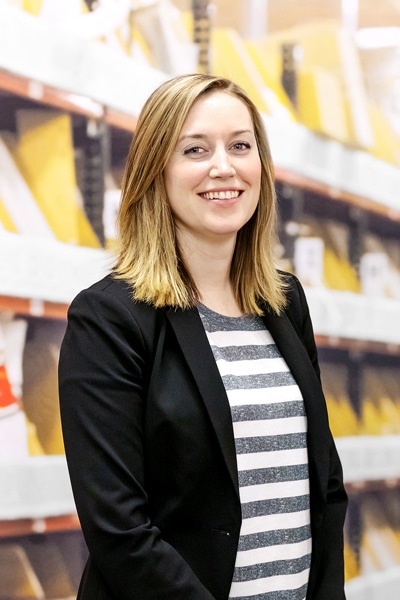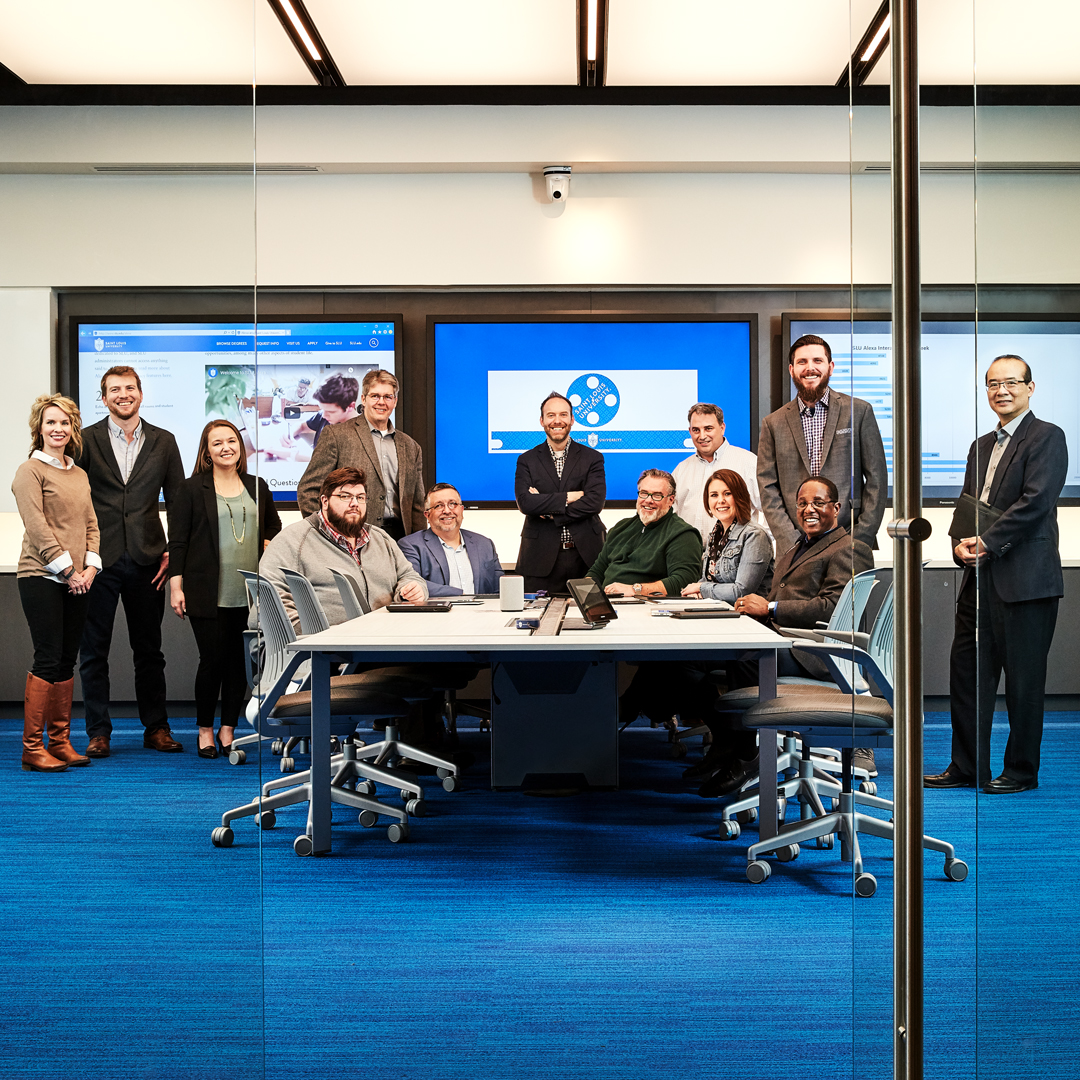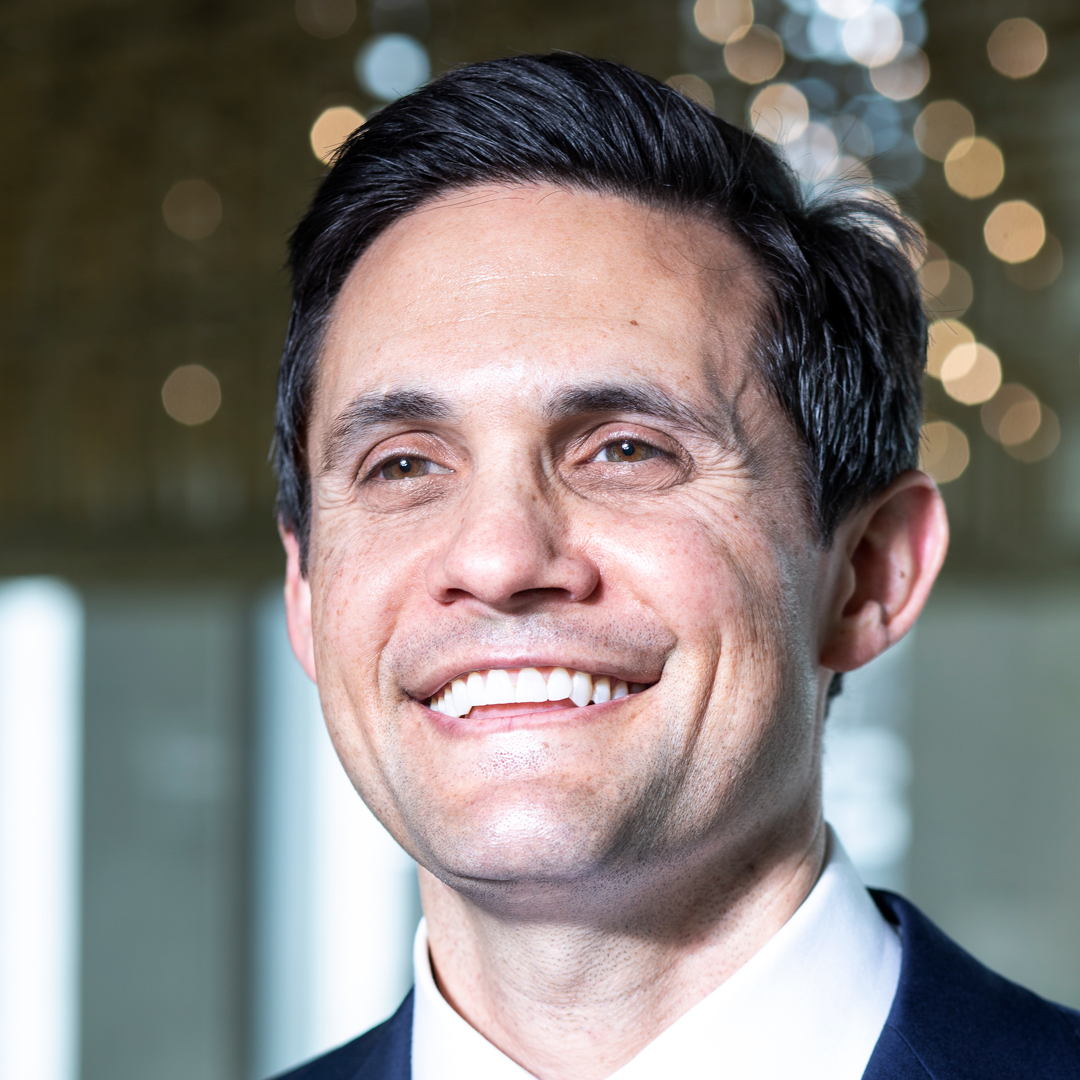“Listen,” say Lori Sherwood and Chelsea Fitzpatrick. That is the key to good leadership. As chief financial officer and vice president of culture and talent for Parts Town, the leading OEM parts distributor in the commercial foodservice equipment market, both use this strategy to answer questions of hiring and retaining talent.
Sherwood, CFO, has her hand in most elements of the company. This includes Fitzpatrick’s talent team, especially as the company experiences tremendous growth. In 2014, when Sherwood came to Parts Town, it had 150 employees. In 2018, the company hired 180 people, including the 500th team member. For the last 15 years, the company has achieved more than 20 percent organic growth in sales, year to year.

Sherwood and Fitzpatrick understand the importance of partnering finance and talent, of listening to each other, and they are using that collaboration to keep the employee team steady through this growth. “Talent and culture are huge strategic strengths. We must be in sync,” says Fitzpatrick. Sherwood, deep in the nitty-gritty of the business end, understands what the company can bear. Fitzpatrick, with a longer tenure and greater proximity to employees, understands more of the team’s concerns and culture sensitivities. “Together,” Sherwood explains, “we balance the needs of the business with what the business can afford.”
With their varied specialties, they both attribute much of Parts Town’s success to investment in company culture. Fitzpatrick came to Parts Town in 2011, as the 40th employee and the only one working on talent. She now heads a team of eight and identifies culture-building tools in places that many companies do not, beginning with the hiring process. “Bringing someone on is a big task. It is an opportunity to reinforce core values and culture,” she says.
Such culture reinforcement also comes through leadership’s dedication to the company’s values: Safety, Integrity, Passion, Courage, and Innovation. Sherwood says, “We don’t act against our values. As a leader it is my responsibility to act with integrity.” At Parts Town, they explain, innovation is successful because leadership is focused on hearing and living the core values.
Using a holistic and long-term approach to talent, honed after several years of working together, they have several projects underway. “Growth comes with the need to put more practices in place to ensure equity. We need to identify tools to help managers be objective,” says Sherwood. They also need their core culture to survive a transition through massive growth. One of their key strategies is hearing from the team during these changes.
Currently the talent team is drawing on the larger company to help revise employee titles. As Fitzpatrick explains, titles provide clarity in teams and also help demonstrate career paths and opportunities. Parts Town, a traditionally flat organization, needs to develop agility and clarity without hierarchy.
New tech is another focus of the executive team. Just as Parts Town works to make buying OEM commercial kitchen parts “fast, easy, and kind of fun,” its leaders hope to do the same for employees engaging with HR functions. They launched an internal Parts Town app and are exploring new HRIS and applicant tracking systems that can efficiently address employee concerns. Sherwood and Fitzpatrick will team up to look at price, experience, and culture influence, and of course will invite feedback from the employees.
Sherwood has overseen ten acquisitions since arriving at Parts Town. In 2018, it acquired a company with locations in New York and Texas, making it a multi-site organization. She knows that after the diligence ends and contracts are signed, much of the real acquisition work, integration, and incorporation, starts. She must ensure that employees several states away feel connected to the large, open-space Chicago office. Fitzpatrick works to share Parts Town culture and learn from the New York team. As for getting to know each other, both offices recently telecommuted into a charitable-giving chili cook-off.
Guided by the core values, the two work to align financial concerns with policy and bring a human component to all actions. They understand, for example, a current reevaluation of employee time off as something that matters deeply for team members and also has important financial implications for the company. “We have to understand the practical, the bottom line, and also how the bottom line impacts the team,” says Fitzpatrick. As always, to find solutions they will engage team members and listen to their experiences.

Parts Town is always looking to increase employee engagement and recognition, and sometimes there are costumes involved. Fitzpatrick is pleased to report that often ideas about how to achieve this comes from team members themselves. To introduce the core value of “safety,” a talent team member suggested a Safety Shark. So, to great acclaim, Parts Town launched a shark blimp around the office. An employee wanted to have “May the 4th Be with You” Day to commemorate Star Wars, and got the thumbs up to dress as a Jedi knight. Employees so enjoyed wellness-week Zumba classes that they put together a plan to offer it every other week. “We are very growth oriented and we work hard, but we want people to be excited,” says Fitzpatrick.
This fun comes out of a serious commitment to building a financially successful company. Sherwood knows that a supportive, growing culture leads to empowered and hard-working employees. “Increase energy and [you] increase transactions,” says Sherwood. To achieve this end they create policies and tools geared to a cycle of increased culture buy-in.
“I support people’s courage in becoming what they can,” says Fitzpatrick. She talks proudly of an employee who, five years ago, started at entry level and now holds a leadership role in a different department.
The company embraces agility. Individuals shift roles and departments frequently. Such agility does not come without potential pitfalls, especially as the team expands, and, in the midst of Parts Town’s impressive growth, Sherwood and Fitzpatrick work to get the fundamentals right and build a solid foundation as new roles emerge. “People are agile and move roles quickly. So the organization needs an equitable structure,” Sherwood says.
In the small and large projects underway, Sherwood has clear instructions for anyone entering the field: “Develop relationships for trust. Be open to learning. Roll up your sleeves and work. Keep your ear to the ground. Ask questions. Move out of your role to learn and be well rounded. Learn how and why.” Coming out of a sporting goods background, she has followed her own advice at Parts Town, learning new methods around pricing and inventory. Beyond the accounting, making numbers work, she overcame her initial trepidation about selling parts as she discovered an unexpected enthusiasm at Parts Town. “Parts might not excite, but the way we go about it does,” she says.
Fitzpatrick echoes much of Sherwood’s advice. “Get a mentor,” she adds. “I had good mentors that challenged me, including Lori,” she says of Sherwood. The two will continue this cycle of support as Parts Town grows and looks to new markets, and as they continue to empower team members across the business.

